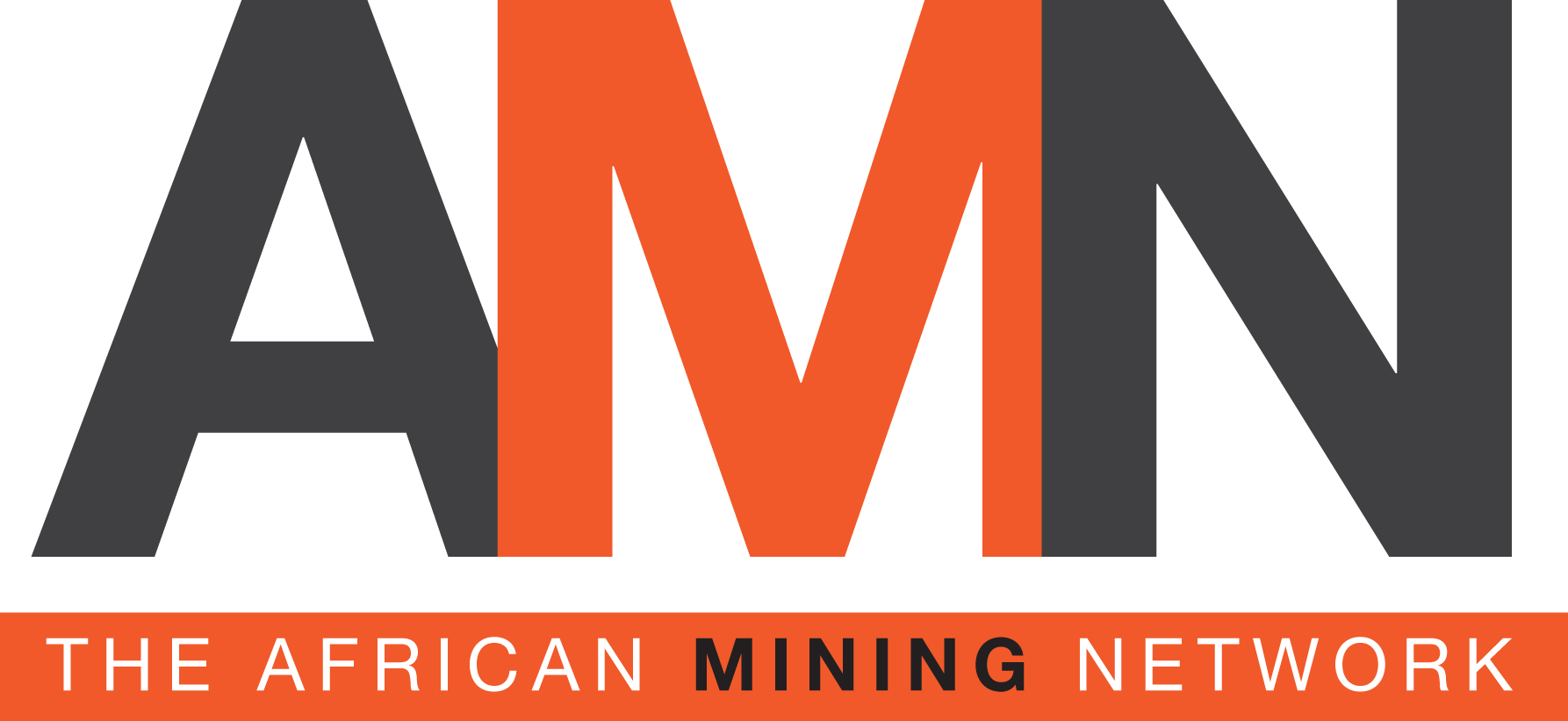- Yolanda Torrisi
- +61 412 261 870
- yolanda@yolandatorrisi.com
- Nina van Wyk
- +27 82 926 3882
- nina@africanminingnetwork.com
![]()
South Africa’s mining industry is no doubt hoping that the new Mining Charter will end the uncertainty and create a more positive environment for investment after some very troubled times. While this remains to be seen, it would be nice to think that it can build on the positive seeds spread by the latest PwC SA Mine report which shows that the mining index has outperformed the JSE All Share index.
For most of this year and in recent years the mining sector in SA has seemed almost dead in the water exacerbated by the loss of thousands of mining jobs, volatile labour relations, and the country’s steady decline as a mining powerhouse.
The PwC report indicates that it is the first time in a decade that mines outperformed the rest of the JSE, although the index sits exactly where it was a dozen years ago. It shows that the strong performers were the bulk commodities such as gold and manganese, ahead of SA’s traditional strengths of gold and platinum, which continue their long-term decline.
Manganese, iron ore and coal are the only commodities to show real production growth in the last 15 years, although coal production is not much changed over this period. SA used to be renowned for its gold and was the world’s number one producer, but today coal is the biggest revenue generator, accounting for 29% of all mining revenues, followed by platinum group metals (PGMs) at 20% and gold at 16%.
That brings us to the new Mining Charter, which appears to be a ‘give and take’ document, and its yet to be seen impact on the sector.
The Minerals Council South Africa, the country’s primary mining industry voice, is yet to pass judgement on the charter, citing the need to study the document in detail and to consult with its members.
It has acknowledged the publication of the Mining Charter in the government gazette last week and has said: "The Minerals Council is not in a position to comment on the document at this stage. In a statement, it said: "The Minerals Council acknowledges [Mineral Resources] Minister Mantashe's engaging approach in his interactions with the industry in the development of the charter, and that he and his team have had a difficult task balancing the inputs from the various stakeholders.”
The Minister has also stated that the charter was not perfect and would not make all stakeholders happy, “but was a consensus that everyone could live with after intensive engagements with mining companies, financial institutions, the legal fraternity, investors, mining communities and the cabinet”.
Independent, non-partisan think-tank, the Helen Suzman Foundation, has its doubts that the charter will spark industry revival and says it makes it unattractive for investors to put their money in South Africa.
The foundation’s Anton van Dalsen said the degree to which mining houses should comply with the charter prescripts were “unclear” and “procurement restrictions on services are even more stringent”.
While agreeing with the charter’s aims to ensure that government attains its objectives of redressing historical, social and economic imbalances, in line with the constitution, van Dalsen said: “The problem remains one of conflicting philosophies between government and the private sector, coupled with South Africa’s current economic situation.
“The assumption is that the mining industry makes more than enough money to fund any requirements that the government may wish to place on it. This makes no economic sense, especially when a stagnating economy needs policy measures to boost growth and employment,” he said.
“A more sensible approach would have been to come to an agreement with the mining industry on how to fund the requirements of the Mining Charter.”
Yolanda Torrisi is Chairperson of The African Mining Network and comments on African mining issues and the growing global interest in the continent. Contact:yolanda@yolandatorrisi.com

